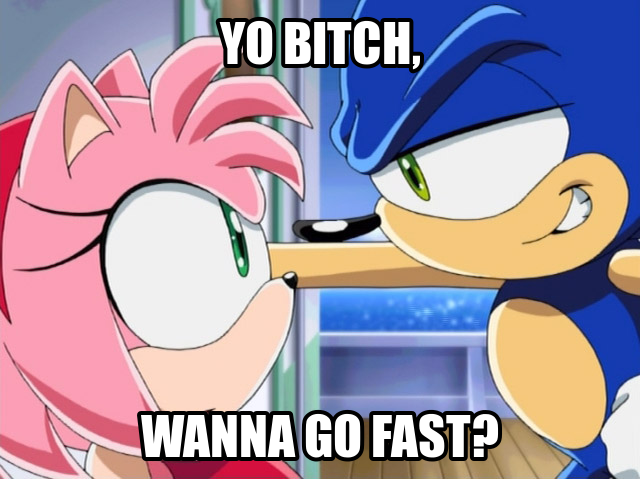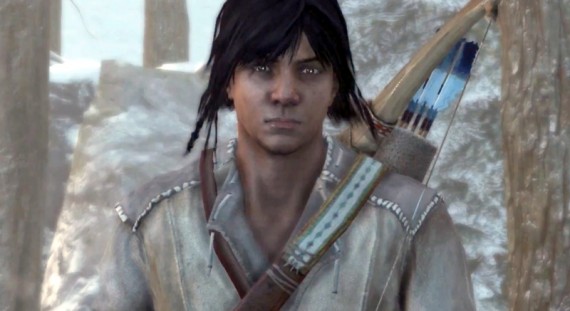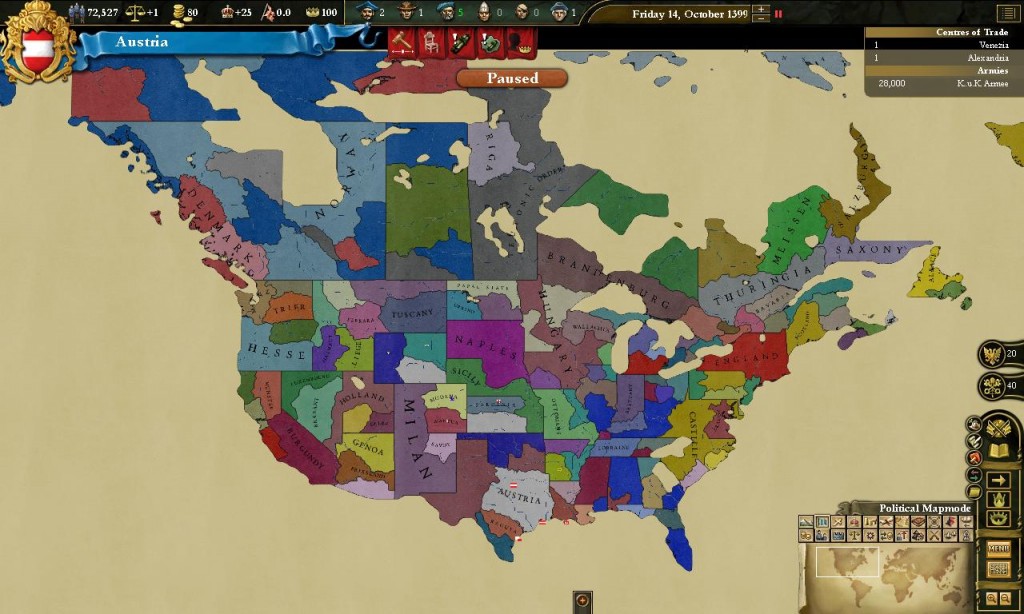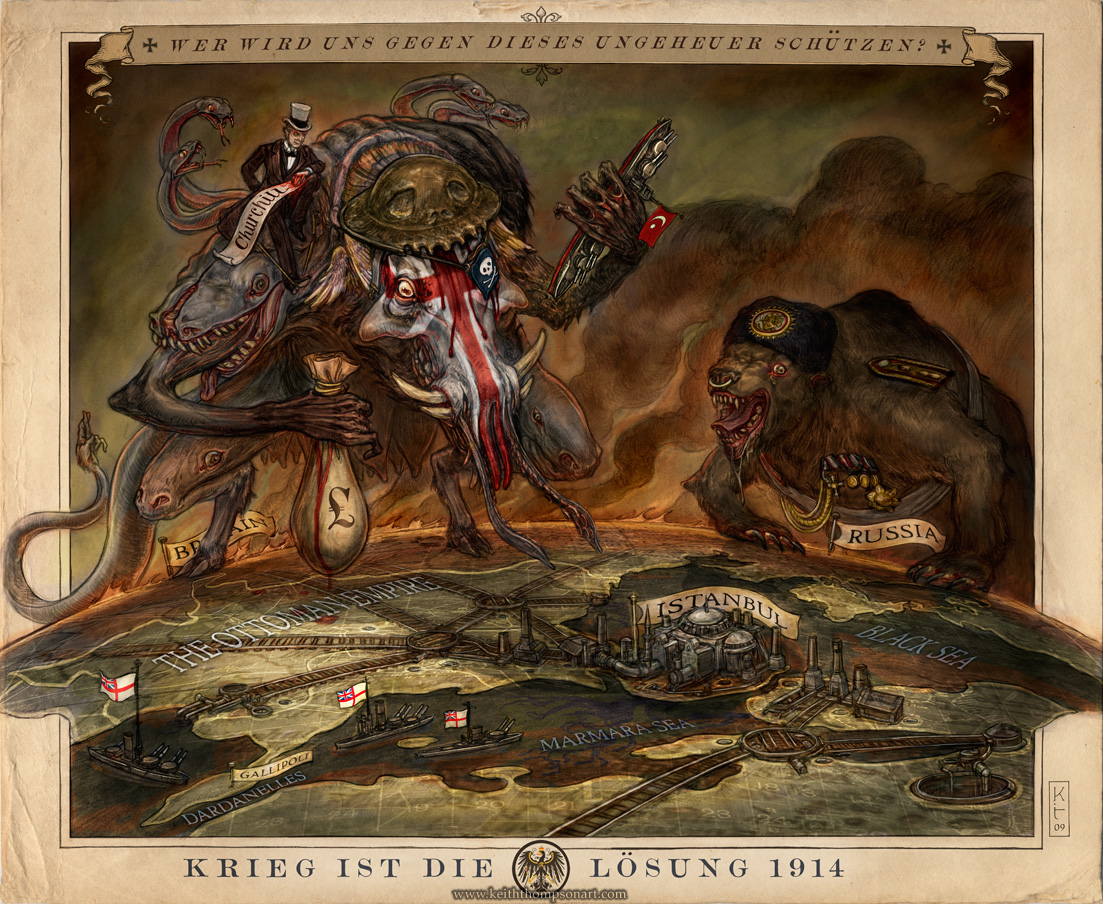Perhaps one of the best-known faces among gaming’s antagonists, Dr. Ivo Robotnik (aka Dr. Eggman or just Eggman) is the longtime foe of Sonic the Hedgehog and has grown famous for his lust for the Chaos Emeralds and the quest to roboticize all living things within his empire.
Or that’s the Blue Blur’s official line, anyway. If you are inclined to put aside your prejudices and overlook the propaganda, I’d like to highlight what I believe to be the truth behind these lies, which can be demonstrated by facts that no amount of Sonic’s lies can obscure.
First, and most simply, let us consider the sheer endurance of Robotnik. No matter how many times Sonic’s gang of insurgents sabotages his plans, destroying an absolutely staggering array of material (including several vast space stations) he always returns. Some would say this proves his lust for power; I say it proves his resilience and his capability. How many of us could go through even one loss on the scale of Robotnik’s and recover, let alone do so over and over? He is clearly an unrivaled master of planning and forethought if he always has the necessary resources to rebuild, and in these troubled times I think we can agree someone with a proven record of excellence in planning.

This leads into the greater thrust of my thesis though. Planning is only part of the story and it can be used to plot evil as well as good. What does Dr. Robotnik use his considerable talents for? Sonic’s cadre claims it is to enslave, which is a handy fiction, but let’s look at who is making that claim. Sonic the Hedgehog is “the fastest thing alive”, capable of unbelievable feats of speed and dexterity. He is, in point of fact, uniquely fast and strong. Few things can even pose a threat for him, and only Robotnik’s most dedicated and specialized units such as Metal Sonic have ever slowed him down. Robotnik, meanwhile, gives us a great clue in his name, whether it’s his true name or a nom de guerre. The term ‘Robotnik’ is a word meaning “Worker” in the Polish, Czech, and Slovak languages. Indeed several underground papers in Polish history have borne the name “Robotnik”, and in 19th century Czech areas, peasants revolting against landowners were referred to as “Robotniks”. Does this by itself prove anything? No; but it does help in providing an understanding of Dr. Robotnik’s operations and motives.
Dr. Robotnik’s roboticization policies are intended to convert the animal population of Möbius into robotic equivalents. This is portrayed as being a truly evil act – but who is responsible for this portrayal, and what do they gain from it? The answer is Sonic, and what he stands to gain is the preservation of his status as an elite. This is the crux of my argument, so let’s make sure it’s properly outlined. Sonic is the arch-bourgeoisie, he is capable of feats unique to any living being on Möbius, and he is special precisely because of this. A couple of his allies are also special, but they have their own unique qualities as well – Tails has two tails and can fly with them; Knuckles can punch like Vodka Drunkinski – and Sonic tolerates them only insofar as they are subservient to him and never steal his primacy in the spotlight. The other animals, the ones ‘rescued’ from Robotnik’s machines, are universally average. None of them have any outstanding qualities which we are shown. They will never be as fast as Sonic or as tough as Knuckles, or able to fly as Tails can – unless they adopt the technological power offered by Dr. Robotnik.
Robotnik’s policies are raising every animal on the planet to parity with Sonic and his cadre’s powers. They are becoming faster, stronger, and gain abilities such as flying or operating aquatically. Robotnik is a revolutionary figure who is trying to overthrow the existing order, and Sonic is a reactionary, counter-revolutionary whose sole objective is maintaining his position of primacy and privilege. Witness, for example, how animals ‘released’ from Robotnik’s exosuits are completely unharmed. They are immediately aware of their surroundings, they are in perfect physical condition, and they are evidently in no way permanently attached to those machines. It is also telling that the second they are ‘set free’ they bound away from Sonic at top speed – except those who have no such luxury, because Sonic destroys a squirrel’s flight units while it is several thousands of feet in the air (cf. Sonic 2, Sky Chase Zone). In short Robotnik’s machinery is painless and its only purpose is to enhance the inhabitants of it. Sonic cannot stand for this.

Sonic (tellingly a blue creature, the traditional color of Tories and the phrase “blue-blooded”) is surely a figure of hate to these creatures, who don’t even presume to equal him, but only to exceed their own bodily limitations. He will have none of that. Only he, and to a lesser extent his biologically gifted and ideologically pure allies, may possess any form of exceptionalism. Only he may stand out from the crowd. Only he may be special. By virtue of nothing more than birth he is to be elevated and venerated and he will brook no challenge from Robotnik – the Worker, dressed in red and black, the very flag of revolution. He fights violently and campaigns tirelessly to defeat absolutely any and all technological developments made by Robotnik and to keep Möbius in its pastoral state. This is a handy secondary effect of his oppressive crusade, as it allows him to paint his side as the one supporting a pristine, natural world opposed to the artificiality and machinery of Robotnik’s. These is never any examination on Sonic’s part of why one should be inherently better than the other, never any attempt to seek an agreement with Dr. Robotnik, never any consideration that perhaps those animals are encased in machinery not by force but by choice, to enhance their own capacities and labor in a worker’s collective for the benefit of all. A final damning comparison: Robotnik seeks the Chaos Emeralds to power vast machinery, enhancing again the power of many citizens and providing who-knows-how many jobs. Sonic seeks them in order to enhance his own power, becoming even more superlatively strong and unassailable.
I hope this essay has demonstrated why the presented, official line put out by Sonic propagandists should be doubted and questioned. Robotnik may not be perfect (Though it bears mentioning he is far from paranoid – his objectives have as I said been repeatedly foiled by Sonic and he faces a constant threat from the reactionaries and their running echidnas) but he is clearly the superior moral force in this struggle, one who seeks to ensure equality not by keeping everyone equally subservient but by making them equally capable, equally free.










